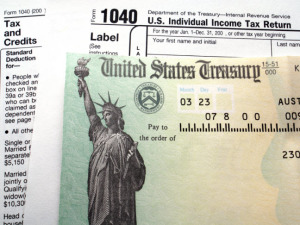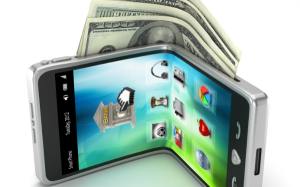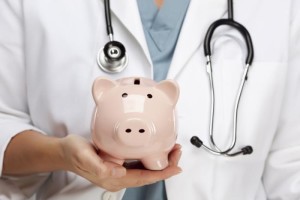 Today’s top story: 5 essential investing moves for Millennials. Also in the news: Why your tax refund is ideal for paying credit card debt, how to make sure retirement isn’t a drag, and why you need to do your homework before meeting with a financial advisor.
Today’s top story: 5 essential investing moves for Millennials. Also in the news: Why your tax refund is ideal for paying credit card debt, how to make sure retirement isn’t a drag, and why you need to do your homework before meeting with a financial advisor.
5 Essential Investing Moves for Millennials
Planning for the future.
Why Your Tax Refund Is Ideal for Paying Credit Card Debt
Use it wisely.
Retirement Can Be a Drag. Here’s How to Fix That
Making the most of it.
Before You Meet With A Personal Financial Advisor, Do Your Homework
Know who you’re dealing with.
 Today’s top story: The best credit card tips for January. Also in the news: Less than one month left to shop for Obamacare, how to spend more mindfully in the new year, and what research says about erasing credit card debt.
Today’s top story: The best credit card tips for January. Also in the news: Less than one month left to shop for Obamacare, how to spend more mindfully in the new year, and what research says about erasing credit card debt.  Today’s top story: NerdWallet’s 2016 American Household Credit Card Debt Study. Also in the news: The best places in American for first-time homebuyers, why Christmas loans are the coal in your financial stocking, and the best free online courses to help with your finances.
Today’s top story: NerdWallet’s 2016 American Household Credit Card Debt Study. Also in the news: The best places in American for first-time homebuyers, why Christmas loans are the coal in your financial stocking, and the best free online courses to help with your finances.

